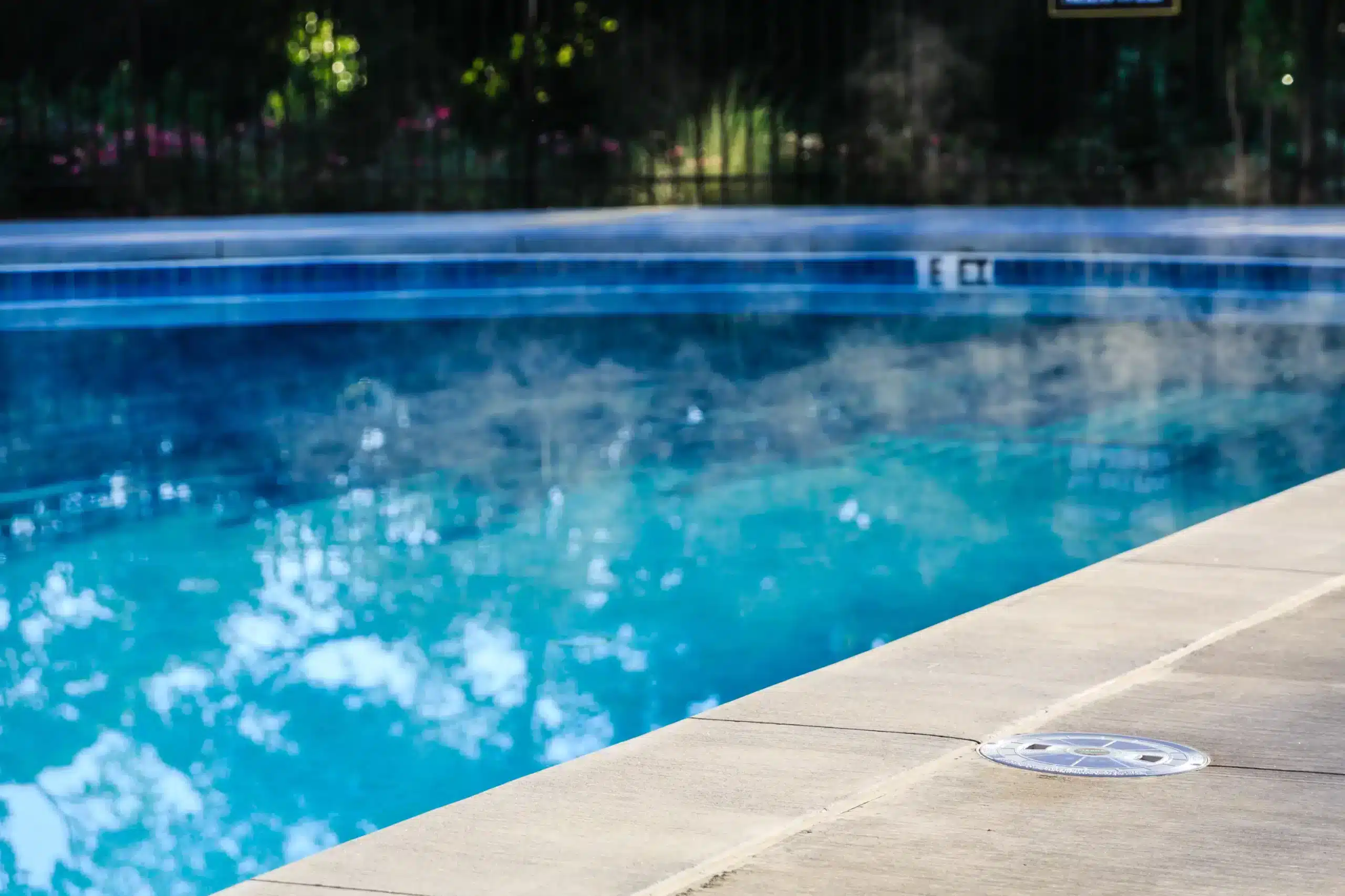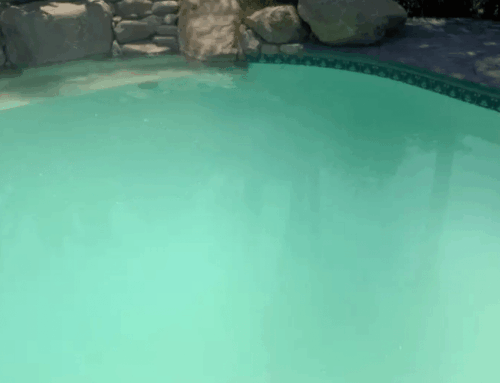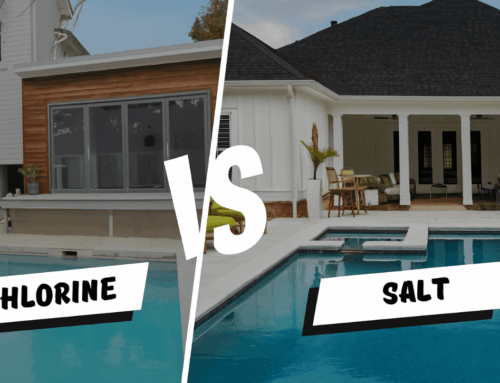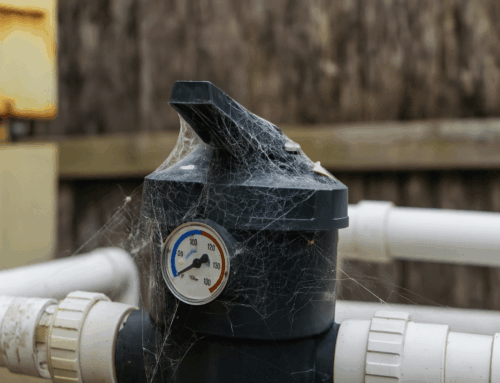Heated swimming pool cost varies with the pool heating system you choose, your pool size, the air temperature, and how well you control evaporation with a pool cover. In Perth, a pool heat pump is usually the most energy efficient way to keep a pool comfortable day to day. Gas heaters are best when you want a rapid weekend boost. Solar pool heating offers the lowest running costs when the sun is out. Electric pool heater elements suit only very small volumes such as spas due to high energy consumption.
This guide explains each pool heater type, typical monthly costs, one-day and weekend scenarios, how pool size and climate affect heat loss, and why a cover makes a big difference to energy bills. By the end you will know how to heat your pool for a longer swimming season with lower running costs and fewer surprises.
What are the different types of pool heaters?
There are 3 main types of pool heaters, gas heats fastest for on-demand heat and busy weekends, heat pumps are very efficient for regular use, solar has the lowest ongoing operating cost in sunny conditions, and electric resistance is for small volumes.
- Gas heater – Natural gas pool heaters reach temperature quickly, making them ideal for spas or short bursts. They have higher running costs per hour.
- Heat pump – An electric heat pump moves heat from the surrounding air into the pool water, keeping energy costs low for consistent heating.
- Solar heating system – Roof-mounted solar collectors use the sun’s energy to warm water during the day.
- Electric resistance. Simple elements that draw high power. Generally not cost effective for full-size pools.
What is the average cost to heat a pool per month?
Running cost depends on climate, set temperature, cover use and heater type, with solar lowest, then heat pumps, then gas, and electric resistance highest. For a 40,000 L pool set around 27 °C, expect solar (pump power only) to cost about $10–$30/month, a heat pump about $60–$180/month with a cover or $150–$400 without, gas about $200–$600/month with a cover or $400–$1,000 without, and electric resistance roughly $500–$1,200+.
For a deeper look at real-world running costs, see are pool heat pumps expensive to run for more details.
How much does it cost to heat a pool for one day or a weekend?
Per day, a 40,000 L pool costs about $7 with a heat pump or $11 with gas to raise the water 2 °C, assuming $0.30/kWh electricity, $0.10/kWh-equivalent gas, a COP of 4 for the heat pump, 85% gas efficiency and a good cover.
To hold temperature over the weekend with a cover, allow roughly $3.50 per night for a heat pump or $5.50 per night for gas. Halve the figures for a 20,000 L pool, double them for a 4 °C rise and adjust for your actual tariffs. For planning, start a heat pump mid-week, hold with a blanket and use gas only when you need a quick boost; for sizing and warm-up timing, see the ultimate guide to pool heat pumps.
Does pool size change heating costs a lot?
Yes. Larger volume needs more kilowatts and more run time to reach and hold set point, so bigger pools cost more to heat. Surface area matters because that is where heat escapes to cooler air and wind. If you want faster recovery after cold nights in cooler seasons, get a oversize the heater. To match unit to your existing pool, see which pool heat pump should you buy.
Which is cheaper to run: gas vs heat pump vs solar?
Solar delivers the lowest ongoing costs when sun is available, heat pumps are cost effective above about 15 °C ambient air temperature, and gas offers speed at the highest hourly cost. A modern inverter pool heat pump provides consistent heating with excellent energy efficiency. To understand solar pool heating system costs and roof space needs, start with understanding solar pool heating system costs.
How much does a pool cover save on heating costs?
A pool cover can cut evaporation by about 70 to 90 percent, which slashes heater run hours and stabilises overnight pool temperature. A fitted solar pool blanket reduces heat loss and chemical use, and keeps the pool warm even when wind picks up. Learn more in our do I need a pool blanket article.
How does climate and season affect pool heating costs?
Colder air and wind increase heat loss and push up run time, while shoulder seasons favour heat pumps and solar, and mid-winter often favours short gas sessions. In Perth’s spring and autumn, an inverter heat pump paired with a cover offers consistent heating and long-term savings.
What temperature should I set for comfort vs cost?
Most families find 26 to 28 °C comfortable, and every extra degree adds noticeable runtime, so choose the lowest comfortable pool temperature and stick with it. Competitive swimmers often target 25 to 27 °C, while young families may prefer warmer water. If you need help choosing equipment to maintain a set temperature year round, view our pool heaters and heat pumps range to get started.
Is solar heating really “free” after installation?
Sun energy is free, but your circulation pump still uses electricity and performance depends on roof area, aspect and a good digital solar controller. A solar pool heating system works best with a blanket to bank daytime gains for evening swims. For product options, see the solar heaters that we have on offer.
What’s the difference between initial cost and ongoing operating cost?
Upfront cost covers equipment, plumbing, power or gas connections and any roof hardware for solar, while ongoing costs cover electricity or gas plus servicing. Lower initial investment often means higher running costs and vice versa, so compare total cost of ownership.
How fast can each heater type warm the pool?
Gas usually warms the pool quickly per hour, while heat-pump warm-up depends on ambient air temperature and unit size, so plan ahead for weekends. Solar adds steady daytime heat from the sun’s energy when conditions allow.
Do above-ground pools cost less to heat than in-ground?
Often yes due to smaller volume, but exposed walls can lose heat faster without insulation or a cover, so adding a blanket narrows the gap. Consider a slightly larger pool heat pump if the pool is very exposed to wind.
Will wind and evaporation increase my heating bill?
Yes. Wind strips the warm surface layer and drives evaporation, which is the biggest source of heat loss in any pool heating system. Add windbreaks and keep a solar pool blanket on whenever the pool is idle to control running costs. For blanket tips and selection, read solar pool covers: the ultimate guide.
Are there rebates or incentives for efficient pool heating?
Some regions offer incentives for high-efficiency electric heat pumps or renewable upgrades, so check local programs and energy retailer offers before you buy. Look for inverter technology, strong warranties and energy efficient options from established brands.
Which pool heater fits your situation
Choose a heat pump for everyday comfort, gas for fast weekend or spa use, and solar for low-cost daytime lift when you have roof space.
- Daily family swimming. Use an inverter pool heat pump sized to raise water 1 to 2 °C per day and hold with a pool cover.
- Weekend-only use or spa. A gas pool heater warms the pool quickly and is easy to schedule for short sessions.
- Budget boost with roof space. Install solar collectors with a controller and blanket for cost-effective spring and autumn heating.
Conclusion: Warm Water, Lower Bills, Zero Guesswork
The smartest setup is the one that matches how you swim. Use a heat pump for day-to-day comfort at the lowest ongoing cost, gas for quick weekend boosts or spa zones, and solar to lift daytime temperature when you have roof space.
Whatever you choose, a quality pool blanket is the easiest way to cut evaporation, hold overnight heat, and reduce energy spend.
Ready to size it right for Perth conditions? Book a quick pool heating assessment and we will model your pool volume, target temperature, climate and roof aspect, then compare heat pump, gas and solar side by side so you know your real running costs before you buy.

With over 20 years of industry experience, Adrian Mole is the founder of 1 Pool Care, a leading mobile pool service in Perth. Known for his expert knowledge and reliable service, Adrian delivers professional pool cleaning, equipment repairs, and water balancing across the metro area. Backed by SPASA accreditation, he’s committed to quality, convenience, and customer satisfaction.











Social Media